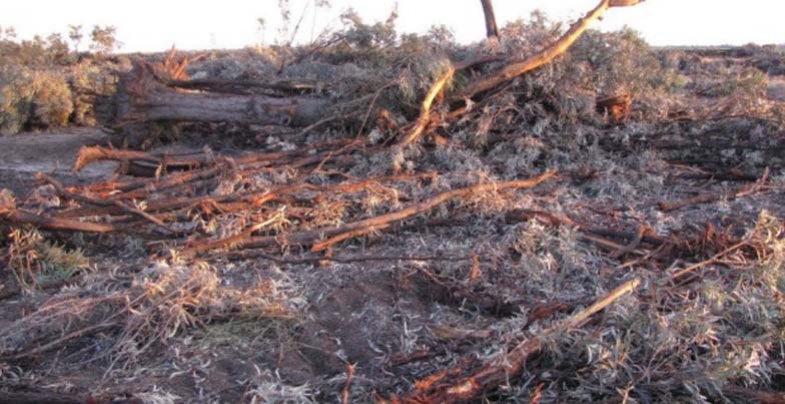As occurred with the hunting in national parks and the 10/50 vegetation clearing laws, there is a spurious argument behind the changes. Rural landowners have been lobbying the National Party members to unwind the Native Vegetation Act that restricts land clearing. So the Government wants to change the law but they will change it for coastal and urban areas as well.
The major cause for concern is the weakening of the offset provisions. This will allow developments to proceed that might have been refused under the current laws because of impacts on threatened species habitat or endangered ecological communities.
Under the proposals, developers will not be limited to the ‘like-for-like’ principle where offset areas must be of an equivalent ecological type to the area to be lost and preferably in the local area to be affected. Under the new law it appears likely that developers will be able to substitute entirely different vegetation and also employ so called supplementary measures such as paying into a government fund or rehabilitating mine sites (which should be done by mine owners).
This offsetting will have a particularly destructive effect in urban areas where often there is no like-for-like offset available. Areas like the Cumberland Plain Woodland that is already under tremendous pressure from development will be further threatened.
These changes will be directly opposed to the Australian Government’s commitments to preserve biodiversity, increase urban tree cover and reduce greenhouse gas emissions. The Native Vegetation Act, when it was introduced in 2003 was a major factor in the reduction of Australia’s emissions from land clearing.
We urge you to write letters and contact your local member to express your concerns by the end of February. The aim is to convince Liberal Party members to override the influence of National Party and remove the destructive elements of the new legislation before it can be approved by Cabinet.

